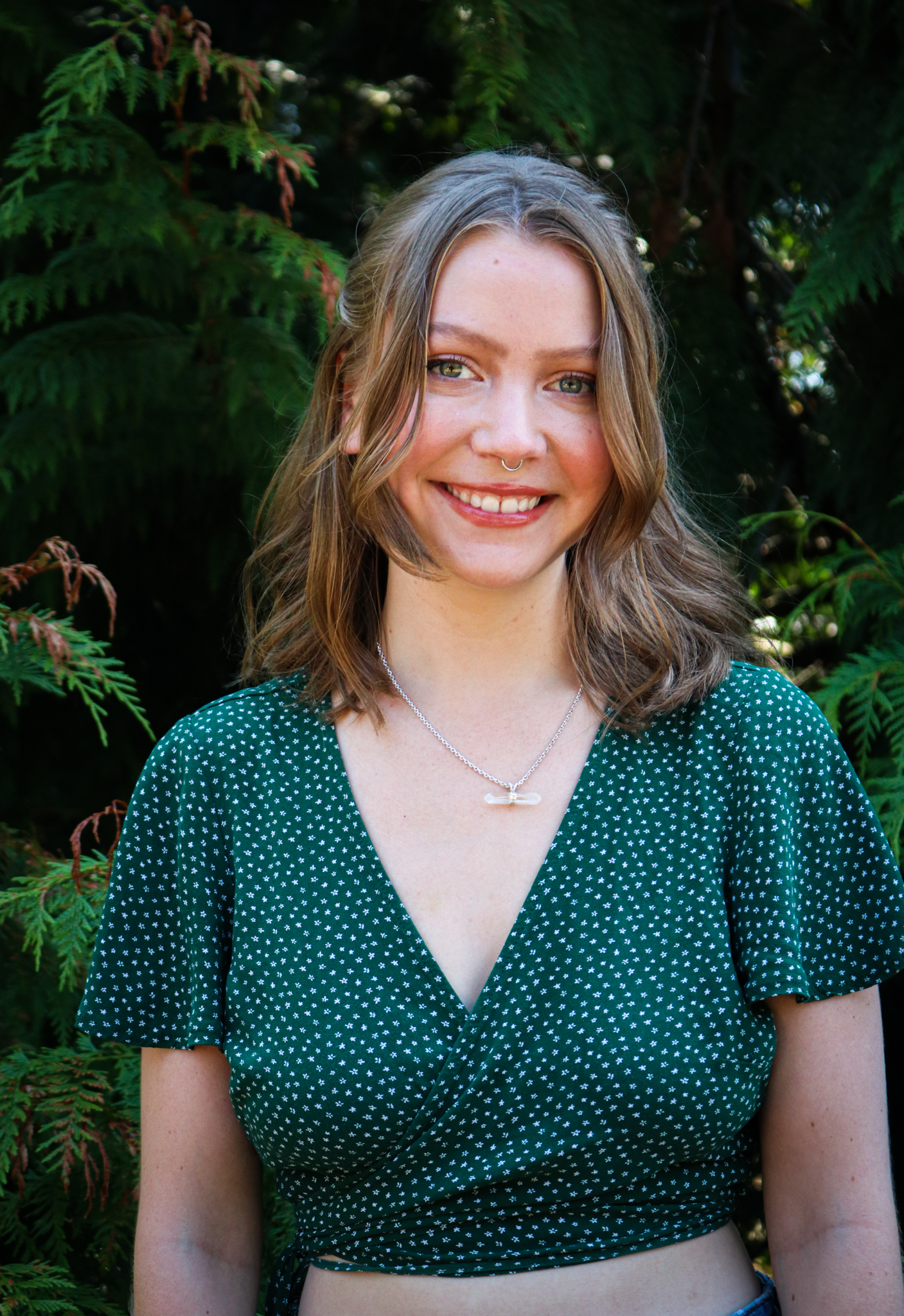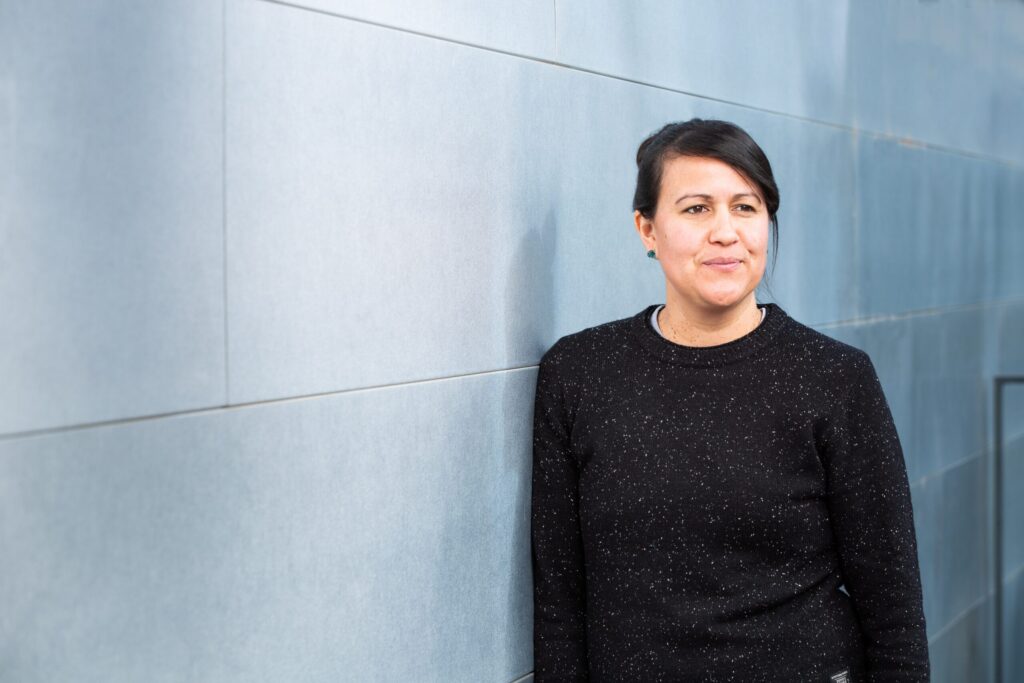On Feb. 9, Mojave author, linguist and English professor at Arizona State University, Natalie Diaz, launched spring semester’s Visiting Writers Series with a virtual poetry reading; an event that highlighted the importance of community and identity. Diaz shared poems from her collections exploring how shared experiences and representation can bring people together.
According to her website, Diaz was born and raised in the Fort Mojave Indian Village in Needles, California, on the banks of the Colorado River. She is an enrolled member of the Gila River Indian Tribe, and teaches for ASU’s Creative Writing master’s program.
Diaz’s work and the poems she shared during the virtual reading traversed a wide range of topics, including family dynamics and violence against Native women and queer people. By forming narratives of triumph and hardships surrounding these subjects, Diaz said her goal is to represent and celebrate Native peoples across all disciplines — particularly within the arts and academia.
“When I’m writing, I try to think about what it means to have a capacity, and that’s a beautiful thing about poetry is that it is capacious for tenderness and violence all at the same time,” Diaz said.
Reciting her own personal and cultural stories, Diaz read from her first poetry collection “When My Brother was an Aztec,” and her most recent collection “Postcolonial Love Poem,” which was a finalist for the National Book Award and winner of the Pulitzer Prize for Poetry in 2021.
Through a sense of community, spaces of creativity can facilitate strong connections between people with similar backgrounds. Julian Ankney, director of the Visiting Writers Series and professor of English at WSU Vancouver, said it was vital to create a space of representation for Indigenous communities.
“All my life in school systems, I was never taught Native literature… I didn’t find my first Native poet until college… and it was life-changing for me. [Now, when I teach] in my classes, most students are unlearning generations of [biased] history,” Ankney said. “Looking at history from an Indigenous perspective, Indigenous feminism and a decolonial perspective… I started bringing my own culture and history into the classroom… I teach through stories, because that’s how I was raised.”
Students attending the event also found Diaz’s poetry impactful. Morgan Doerr, a sophomore majoring in English and creative writing, was moved by Diaz’s choice to include an array of languages in her poems.
“What stood out to me about her live reading was her style and rhythm of speaking… it can be difficult to imagine an author’s voice, so a live reading can add body language and emotional context,” Doerr said. “Natalie Diaz also spoke on the importance of finding new ways to explore Spanish, English and the Mojave language in her writing, which I thought was a lovely conversation as language is so crucial to her own Indigenous identity and history.”
Upcoming guest speakers for the Visiting Writers Series during the spring 2022 semester will be Native authors, Storme Webber, Michelle Nijhuis, Inés Hernández-Avila and Naomi Littlebear Morena. The schedule of events can be found on the Visiting Writers Series page of the WSU English department website at english.wsu.edu/visiting-writers/, and recordings of previous events can be found on their YouTube channel.

Arabelle is a senior studying English at WSU Vancouver.
